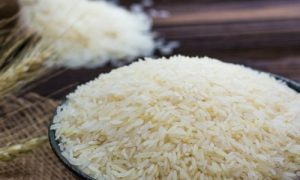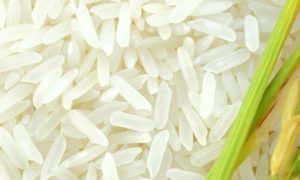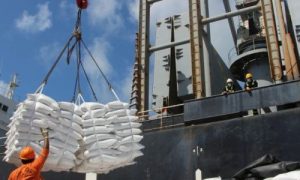Rising food prices may undo recent respite from inflation

India’s retail inflation may have spiked close to or over the 6% upper tolerance threshold of the Reserve Bank of India (RBI) in July, owing to a broad-based uptick in food prices, and could remain sticky in coming months, economists reckon.
This could compel the central bank to stay hawkish and possibly raise its inflation projections for the ongoing July to September quarter (Q2) as well as the full year 2023-24 at its monetary policy review this week, and delay hopes of an interest rate cut.
The RBI’s Monetary Policy Committee (MPC) will meet over three days from August 8 and convey its decisions on Thursday, August 10, while the National Statistical Office will release July’s retail inflation numbers on August 14. The MPC has projected average retail inflation of 5.2% in Q2 and 5.1% for the full year.
Having stayed below the 6% mark for four months in a row, consumer price inflation (CPI) had, however, risen to a three-month high of 4.8% in June owing to a spurt in food prices, particularly, cereals, pulses, milk and tomato prices. This trend firmed up further last month, with tomato prices up almost 176% from a year ago, and tur, rice, salt, milk and pulses rising over 10%, a Bank of Baroda (BOB) report noted.
“We expect CPI to settle around 5.8%. RBI in its coming policy would be continuing with its hawkish pause and might revise its inflation projection for Q2 upwards,” said Dipanwita Mazumdar, economist at Bank of Baroda.
Core inflation may ease
State Bank of India group chief economic adviser Soumya Kanti Ghosh is not as sanguine and expects inflation to hit 6.7% in July, thanks to food inflation, though he expects non-food, non-energy inflation (core inflation) to ease to 5% from 5.1% in June.
Rice prices have spiked the most in the northeast and southern regions, rising 32% and 17%, respectively, with the latter paying the highest price in the country at ₹53.7 per kilogram. Moreover, extreme flooding as well as relatively poor rainfall in some States have affected rice sowing, with the sown area at just 59% of normal area as of July 28. India’s recent non-basmati rice export ban has wreaked havoc for over 140 countries which depend on its supplies, but may bring some relief to consumers, especially in the south, Mr. Ghosh said.
Despite easing core inflation, Nomura economists Sonal Varma and Aurodeep Nandi said the food inflation spike, especially during July-September, would likely result in higher overall inflation this year. “We expect higher food inflation to push headline inflation to 6%-6.5% in July and August, before settling in a 5-6% range over the rest of the fiscal year,” they said.
Mr. Ghosh cautioned that edible oils, whose prices have been subdued in recent months compared to extreme spikes last year after the Russia-Ukraine conflict, could pose fresh pressures. While India has substituted sunflower oil imports from Ukraine with palm oil imports from Malaysia and Indonesia, these could be hit as their crop is likely to be affected by El Niño conditions, he added.
Source Link :- https://www.thehindu.com/business/Economy/rising-food-prices-may-undo-recent-respite-from-inflation/article67165752.ece














